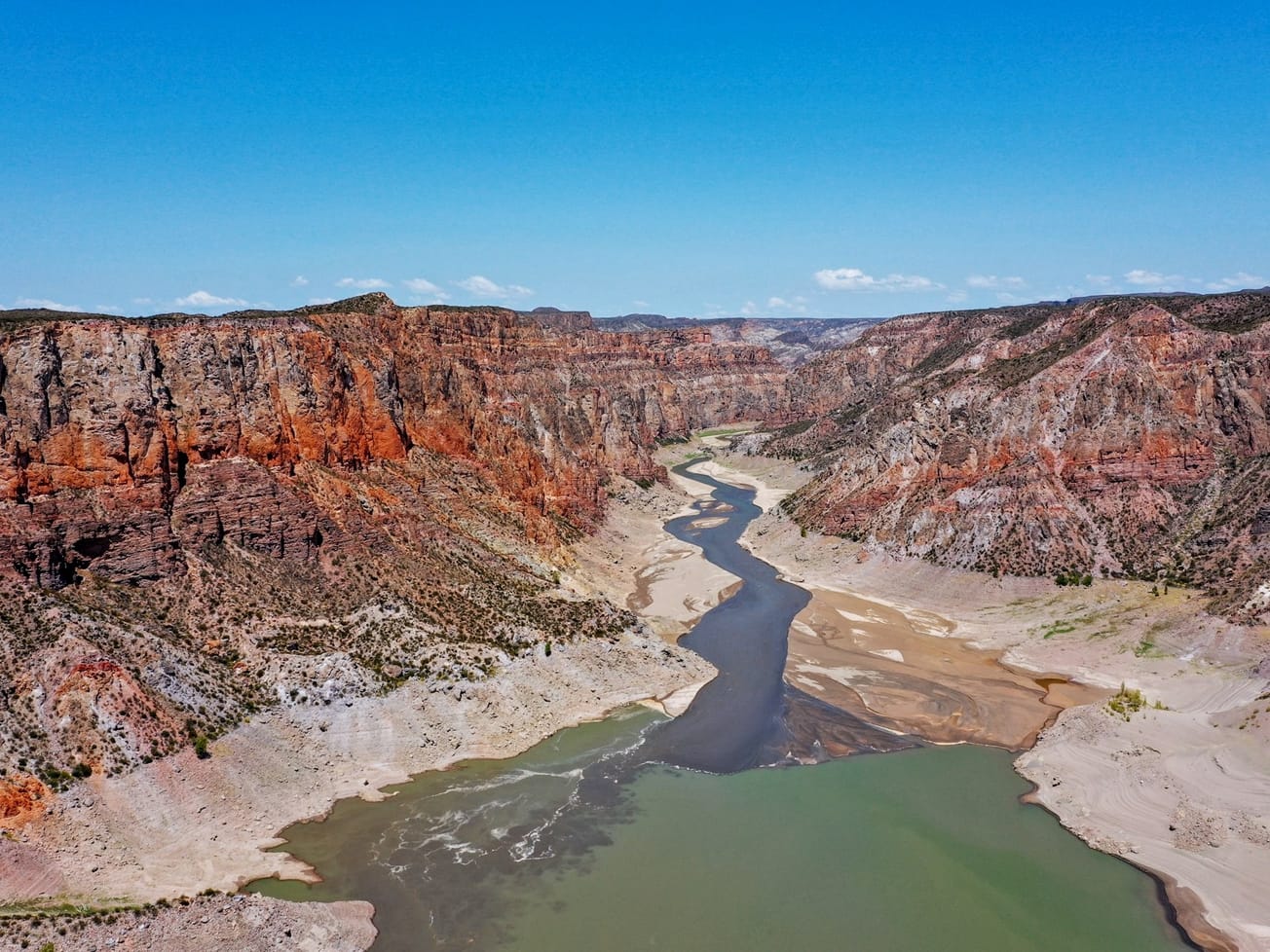GENEVA (AN) — The U.N. weather agency says 2023 was the driest year for global rivers in over three decades, signaling critical changes in water availability and a need for urgent action to protect freshwater resources.
The last five consecutive years recorded widespread below-normal conditions for river flows and a similar pattern for reservoir inflows, the World Meteorological Organization says in a new report out Monday.








